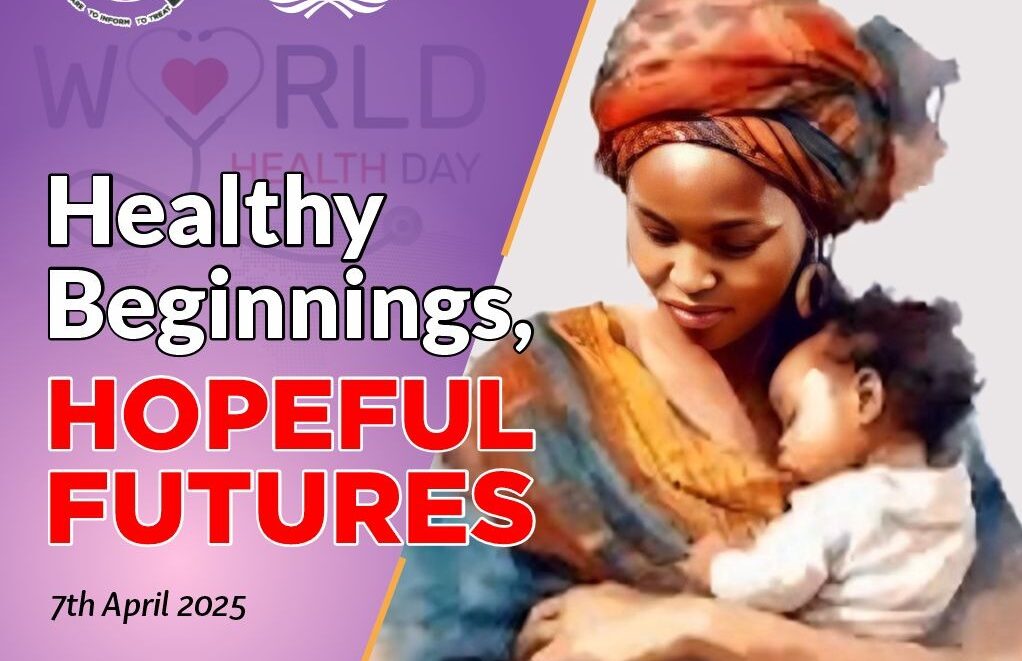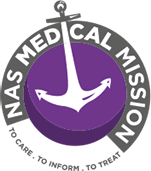
Healthy Beginnings, Hopeful Futures: A Call to Action on Maternal and Child Health in Nigeria
On this World Health Day, the National Association of Seadogs (Pyrates Confraternity) joins the global community in reflecting on this year’s theme: “Healthy Beginnings, Hopeful Futures.” This theme underscores the urgent need to improve maternal and child health, having recognised it as the foundation for strong families, resilient communities, and a sustainable future.
The ability of a nation to thrive is directly linked to the health and well-being of its mothers and children. When mothers survive childbirth and infants grow into healthy children, societies flourish. Poor maternal and child health weakens our economic productivity, fuels poverty, and disrupts communities, and no nation can achieve true progress when its women and children are at risk of preventable deaths.
Ensuring safe pregnancies and childbirth, accessible healthcare, and proper nutrition must be a national priority. The ripple effect of investing in maternal and child health extends beyond hospitals and clinics; it strengthens education, reduces gender inequality, and builds a healthier workforce for the future.
We are well aware of current statistics that project a starkly grim picture globally and regionally. According to the World Health Organization (WHO), nearly 300,000 women die annually due to pregnancy or childbirth-related complications, while over 2 million babies do not survive their first month of life. Additionally, around 2 million more are stillborn. This equates to one preventable death every seven seconds.
In Nigeria, maternal and child mortality rates remain alarmingly high. The WHO reports that Nigeria accounts for over 20% of global maternal deaths, with approximately 1,047.2 maternal deaths per 100,000 live births. Neonatal mortality stands at 34.3 per 1,000 live births, while the under-five mortality rate is 117 per 1,000 live births. These figures place Nigeria among the countries with the highest maternal and neonatal mortality rates in the world, second only to India in 2023. The North-East region of the country experiences the worst maternal and newborn health outcomes due to insecurity, displacement, and food shortages, further deepening the crisis.
As the world kicks off a year-long campaign on maternal and newborn health, the National Association of Seadogs urges all stakeholders – government, civil society, healthcare professionals, and private sector players – to take urgent, strategic action aimed at strengthening healthcare systems by increased funding for maternal and child health services, particularly in rural and conflict-affected regions. There has to be policy-driven intentional investment in emergency obstetric care, trained midwives, and community health workers, and expansion of primary healthcare facilities and mobile clinics to reach underserved areas. Access to quality and affordable maternal healthcare should be enhanced through free or subsidised antenatal, childbirth, and postnatal care services for all pregnant women, provision of essential maternal and child health drugs and vaccines, and ensuring health insurance coverage for mothers and newborns.
NAS/PC believes that increased public awareness and education, and intensive grassroots sensitisation campaigns on prenatal care, safe delivery, family planning, and infant nutrition will go a long way in mitigating the dire health consequences women and newborns have to contend with.
Further action points include:
– Promotion of skilled birth attendance and hospital deliveries rather than home births without trained professionals.
– Engagement with religious and community leaders to advocate for maternal health rights.
– Tackling poverty and malnutrition by providing food support programs for pregnant women and children in vulnerable communities.
– Strengthening female education to empower women with knowledge and decision-making power over their reproductive health.
– Strict enforcement of maternal health policies to ensure that government commitments translate into action.
– Monitoring and evaluation of maternal health programs to ensure efficiency and effectiveness.
This year’s commemoration of World Health Day dawns at a critical phase of the herculean struggles that mothers and newborns must grapple with. It calls for a shared responsibility for a better future. Nigeria’s high maternal and child mortality rates are preventable. We must all act decisively to turn the tide. The National Association of Seadogs reaffirms its commitment to advocating for policies and programs that prioritise maternal and child health. We urge the government, healthcare stakeholders, and every Nigerian to take responsibility. Every mother deserves a safe pregnancy, and every child deserves a healthy start in life. A healthy beginning is the foundation for a hopeful future. The time to act is now!
Chiazor Odoemene
Chief Medical Officer
National Association of Seadogs
